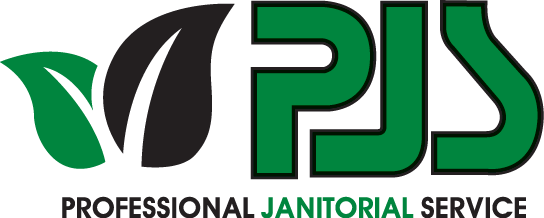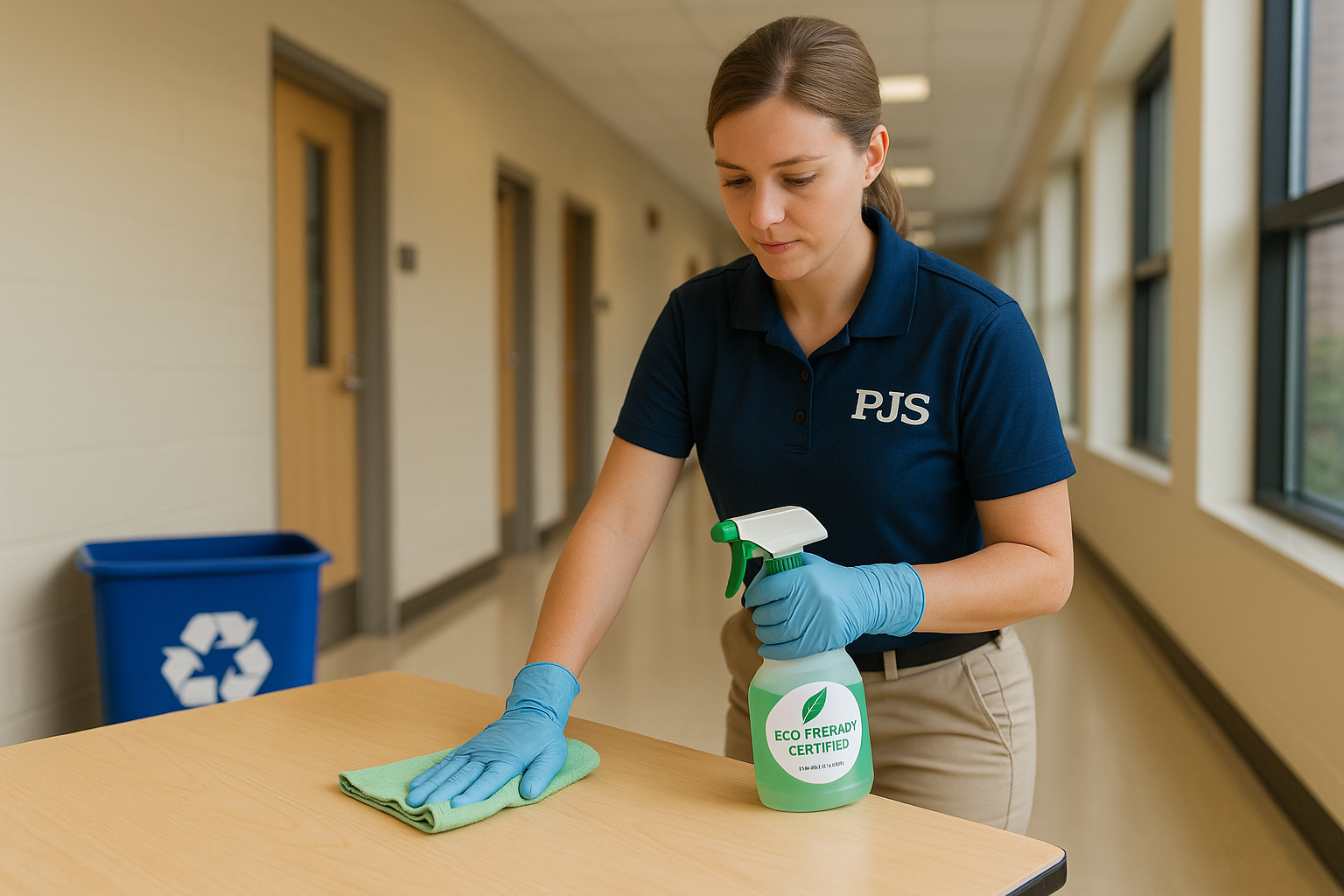5 Smart Eco-Friendly Cleaning Upgrades for Houston Schools & Offices in 2025
5 Smart Eco-Friendly Cleaning Upgrades for Houston Schools & Offices in 2025
Meta Description: Discover 5 budget-friendly, eco-conscious cleaning upgrades Houston schools and offices can adopt in 2025—expert tips from PJS of Houston.
Why Sustainability Matters in Cleaning Today
Changing Expectations from Clients & Students
Whether it’s students in a public school or employees in a downtown office, today’s Houstonians expect safe, clean, and environmentally responsible spaces. Green cleaning isn't a trend—it’s the new standard. In 2025, eco-conscious practices can influence brand perception, student enrollment, and workplace satisfaction.
Environmental Compliance and Brand Image
Regulatory agencies and LEED-certified buildings are pushing for sustainable facilities. Clients and school boards alike prefer vendors that minimize chemical usage, conserve water, and reduce waste. Aligning with these values enhances your reputation and helps secure contracts.
Upgrade #1 – Switch to Green-Certified Cleaning Products
What to Look for (EPA Safer Choice, Green Seal)
Opt for products bearing the EPA Safer Choice, Green Seal, or EcoLogo certifications. These labels mean the product is tested for performance while minimizing harm to humans and ecosystems.
Common Myths About Eco Cleaning Agents
Many assume green products are less effective. That’s outdated thinking. Today’s eco-friendly solutions kill 99.9% of germs while remaining non-toxic, biodegradable, and VOC-free. PJS of Houston uses commercial-grade green products that meet both sanitation and sustainability benchmarks.
Upgrade #2 – Use Low-Moisture Carpet Cleaning Systems
Water Conservation Benefits
Traditional carpet cleaning can waste hundreds of gallons per session. Low-moisture systems use up to 90% less water while still lifting deep-seated dirt and allergens.
Quick Dry Times = Less Mold Risk
Faster drying times reduce microbial growth and minimize disruption to daily operations. Houston’s humid climate makes mold prevention critical in schools and offices alike.
Upgrade #3 – Adopt Microfiber Cleaning Systems
Why Microfiber is More Effective
Microfiber cloths and mops trap dirt and bacteria at a microscopic level—unlike cotton, which pushes contaminants around. Studies show microfiber reduces surface bacteria by over 95% with just water.
Reusable vs. Disposable Systems
Microfiber tools can be reused up to 500 times if properly laundered, offering sustainability and cost savings. PJS of Houston uses color-coded microfiber to prevent cross-contamination between restrooms, kitchens, and classrooms.
Upgrade #4 – Install Smart Dosing and Dilution Systems
Prevent Overuse of Chemicals
Over-concentrated chemicals can cause respiratory issues and degrade indoor air quality. Smart dilution systems mix the exact dose every time—improving safety while reducing product waste.
Reduce Operating Costs
Cutting chemical overuse by even 15% can significantly lower your janitorial budget over the year. These systems also simplify training and increase productivity for custodial staff.
Upgrade #5 – Implement a “Clean-to-Green” Recycling Strategy
How Janitorial Practices Affect Waste Streams
Many cleaning operations unintentionally contribute to landfill overflow—by using single-use wipes, plastic bottles, and improper waste segregation. Implementing a structured recycling strategy aligns cleanliness with environmental stewardship.
Staff Education and Signage
PJS supports clients with bilingual signage, waste sorting guides, and team training to make eco-practices easy to adopt and maintain.
Case Study: How a Houston School District Cut Costs by Going Green
Client: A mid-size independent school district in Northwest Houston
Challenge: High chemical costs, poor air quality, mold issues in carpeting
Solutions Implemented:
Green-certified product switch
Microfiber conversion
Low-moisture carpet care program
Smart chemical dispensers
Results:23% reduction in annual chemical expenses
Improved air quality per state inspections
Higher janitorial satisfaction scores in teacher surveys
How PJS of Houston Supports Green Cleaning Goals
Free Sustainability Audits
We assess your current practices and recommend low-cost, high-impact changes to reduce your environmental footprint.
Reporting Tools and Certifications
PJS helps schools and offices track energy and chemical usage, and can assist with achieving LEED credits, Green Seal certification, or alignment with ESG reporting for corporate clients.
👉 Schedule a Green Cleaning Audit Now
FAQs About Green Cleaning for Facilities in Houston
1. Are green cleaning products safe for children?
Yes. Green products used by PJS are non-toxic, allergen-friendly, and approved for use in sensitive environments like schools and hospitals.
2. Is eco-cleaning more expensive than regular service?
Not necessarily. Long-term savings from reduced chemical use and lower absenteeism often outweigh the initial switch.
3. What’s the difference between “green” and “natural” cleaners?
Green cleaners are certified for performance and safety; “natural” is a loose marketing term. Always look for third-party certification.
4. How can we reduce paper towel waste?
Use microfiber cloths and automated dispensers. PJS also offers bulk purchasing of recycled-content paper products.
5. Can eco-cleaning help us qualify for LEED?
Absolutely. Green cleaning contributes points to LEED O+M and other sustainability frameworks.
6. Will green cleaning impact air quality?
Positively! Fewer VOCs and better filtration lead to improved indoor air, which boosts wellness and focus.
Conclusion: Cleaner Spaces, Greener Outcomes
Green cleaning isn’t just good for the Earth—it’s smart business. These five simple upgrades improve air quality, save money, and support your organization’s values. With help from PJS of Houston, any school or office can transition to smarter, healthier, and greener janitorial practices in 2025.

